We work closely with industry leaders and research organizations who are helping develop better standards for indoor environments and how they perform.
Center for Healthy & Efficient Spaces
The expectations we set now will matter for generations. We established the Center for Healthy & Efficient Spaces (CHES) to convene the best in our industry and shape the strategies, standards and solutions that will help build community resiliency for decades to come.
About CHES
Built on expertise across our businesses, our partners, and from members of our Advisory Council, we develop deep insights that form the basis for our innovation-driven solutions that safeguard human health and well-being, while creating more environmentally sustainable outcomes.

A holistic approach to healthier spaces
With deep understanding of the science of indoor environmental quality, coupled with advanced system and connected building technology, we’re partnering with businesses, NGOs, start-ups and municipalities of all shapes and sizes to solve immediate challenges and meet long-term goals. Because people and environmental goals are both important for planetary health, we use a holistic approach that aims to improve both indoor environmental quality and energy efficiency.

Assess
Ecosystem thinking begins with a comprehensive assessment of the characteristics of a space and its occupants' needs.
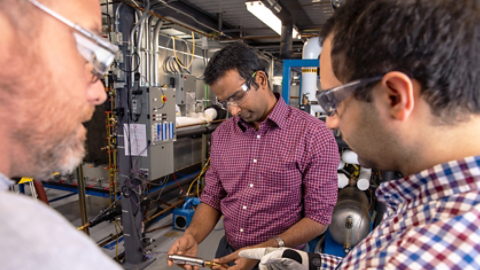
Mitigate
Apply the right set of solutions tailored to meet the unique needs of your space, including the most advanced technology.
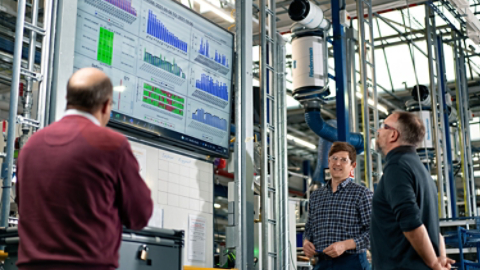
Manage
Use data and insights to continuously manage and optimize the performance of your space and build trust for the people you serve.
Our partners in healthier spaces
Our work is enhanced by the partners we keep. Building on strong alliances with experts in medicine, epidemiology, education and policy across building and transport sectors, we are immersed in critical indoor environmental quality and health issues.
Meet the Advisory Council on Healthy Spaces
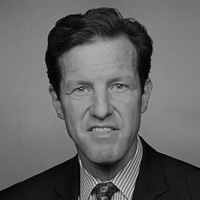
Russ Carnahan served as a U.S. Representative for Missouri from 2005 to 2013 and has been a vocal proponent of addressing the impact of buildings on climate change and human health. While in congress, he founded the bipartisan Congressional High-Performance Building Caucus to raise awareness about building-related policies that can address energy and environmental challenges. As co-founder of Building Action, an advocacy-oriented nonprofit focused on building sustainability, Carnahan works with a broad coalition of stakeholders to advocate for building policy that improves communities and combats climate change.
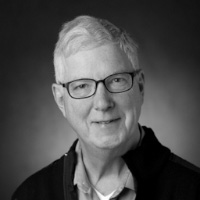
Jim Freihaut specializes in indoor air quality, building science, enclosed space air quality issues, and system constraints on air treatment/filtration solutions and is part of Penn State’s Institutes for Energy and the Environment (IEE). IEE is one of the lead institutes for the Global Building Network, a global network supported by the United Nations to create an international framework to make buildings healthier, more efficient, and more sustainable.
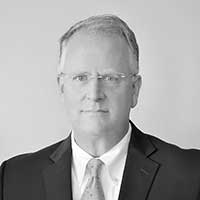
Ron Keller is the North American Executive Director at Brookfield Global Integrated Solutions (BGIS). BGIS is one of the leading providers of integrated facility management for the Global 100 Corporations. Ron has over 25 years in Real Estate development, construction project, transaction and facility management areas, both as an end user and service provider. Ron has been the global practice leader for industry sectors for Oil & Gas, Industrial and Financial Sectors. Prior to his current role at BGIS, Ron was an Executive Managing Director at CBRE and also Executive VP for KeyBank overseeing a variety of areas within finance, marketing, market research, M&A and Commercial and Corporate Real Estate.

Dr. Memo Cedeño Laurent is Assistant Professor at the Environmental and Occupational Health Sciences Institute at Rutgers University, where he leads the Climate Adaptive and Restorative Environments (CARE) Lab. His group studies the mechanisms by which climate change is impacting human health in the built environment. The CARE Lab focuses on implementation research to find practical solutions for scalable and equitable climate adaptation and mitigation solutions.

John McKeon is a medical entrepreneur and currently the CEO of Allergy Standards Ltd (ASL), an international standards and certification body, a company he founded while working as an Emergency Room Doctor. As the founder he has led the development of an international intellectual property portfolio of patents and trademark applications and negotiated complex licensing agreements with multinationals such as P&G and 3M. Along the way he has secured significant equity investments as well as academic and industry grant awards. As a serial entrepreneur, John is involved in a number of successful healthcare related ventures.
John qualified as a doctor from Trinity College Dublin, is a Fellow of the Royal College of Surgeons in Ireland, and also holds his United States Medical Licensing exams. He maintains a keen interest in clinical medicine and has had several publications in medical journals.
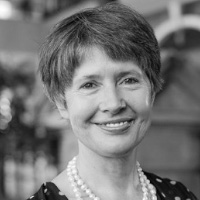
Lidia Morawska is a Professor in the School of Earth and Atmospheric Sciences at Queensland University of Technology (QUT) in Brisbane, Australia. She is also the Director of the International Laboratory for Air Quality and Health at QUT and a Co-Director of the Australia – China Centre for Air Quality Science and Management. She conducts fundamental and applied research in the interdisciplinary field of air quality and its impact on human health, with a specific focus on science of airborne particulate matter. She is a past President of the International Society of Indoor Air Quality and Climate and a consultant for World Health Organization.
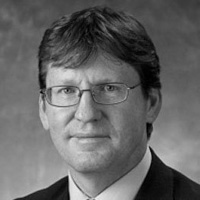
Bill Sisson is currently the Executive Director of North America, for the World Business Council for Sustainable Development. Sisson directs and oversees multiple sustainability-oriented projects at WBCSD including the Transforming the Built Environment Initiative, which focuses on creating built environments that are healthy, circular, and have net zero-emissions. Prior to this role, he was on the Board for the Global Buildings Performance Network, a Paris based NGO that offers a knowledge hub for best practice policies.
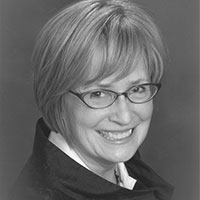
A deep concern for how interior environments impact human health and performance has informed every facet of Linda's 45-year career as an interior designer, educator, and advocate of healthy, safe, and livable environments. As COO of mindful MATERIALS she drives sustainability change through materials choices. Linda spearheaded market transformation efforts for the US Green Building Council as the Senior Director of Education Partnerships and LEED for Commercial Interiors. She is an active member of American Society of Interior Designers (ASID) and currently part of the steering group for the ASID Committee on Climate, Health, Equity. Linda has served on the boards of the Healthy Building Network and Health in Buildings Roundtable. She recently co-authored the ASID INSIGHTS Briefs research studies on COVID-19 and its impact on interior design.
Partnering with Industry Leaders
Allergy Standards Ltd (ASL)
Allergy Standards Ltd is an independent, global certification company. Its mission is to help people create the healthiest possible indoor environment through science, certification and education. Dr. John McKeon, CEO, currently sits on the Healthy Spaces Advisory Council.
American Society of Heating, Refrigeration and Air-conditioning Engineers (ASHRAE)
With more than 50,000 members from over 132 nations, ASHRAE is a diverse organization dedicated to advancing the arts and sciences of heating, ventilation, air conditioning and refrigeration. Through its Commercial HVAC and Transport Refrigeration divisions, Trane Technologies has been a long-term supporter of ASHRAE with employees serving on committees and working groups to positively influence the HVAC industry to make better happen and promote sustainability-driven design practices.
American Society of Interior Designers (ASID)
Founded in 1975, ASID is the oldest, largest and only multi-disciplinary professional organization for interior designers, interior design students and the manufacturers and suppliers who support the profession. Through education, knowledge sharing, advocacy, community building and outreach, ASID strives to advance the interior design profession and demonstrate the power of design to positively change people’s lives. Trane Technologies joined is an Industry Partner with ASID and supported the insights brief on Buildings Design, Systems & Technology.
Center for Active Design (CfAD)
The Center for Active Design is the sole licensed operator of Fitwel, one of the world's leading certification systems committed to building health for all®. Generated by expert analysis of 5,600+ academic research studies, Fitwel is implementing a vision for a healthier future where all buildings and communities are enhanced to strengthen health and well-being.
International WELL Building Institute (IWBI)
IWBI is the operator of the WELL Building Standard (WELL), a roadmap for creating and certifying spaces that advance human health and well-being. Backed by the latest scientific research, WELL sets pathways for accomplishing health-first factors by supporting physical and mental health across 10 core concepts.
World Business Council for Sustainable Development (WBCSD)
WBCSD is the premier, CEO-led community of the world’s leading sustainable businesses working to accelerate the system transformations needed for a net-zero, nature positive, and more equitable future. Trane Technologies is a key member of the Healthy people, healthy business project, a cross-sectoral coalition to explore how businesses across a wide range of sectors can play a pivotal role in developing and driving the uptake of solutions to global health challenges, supporting long-term disease prevention and health promotion.

 English
English